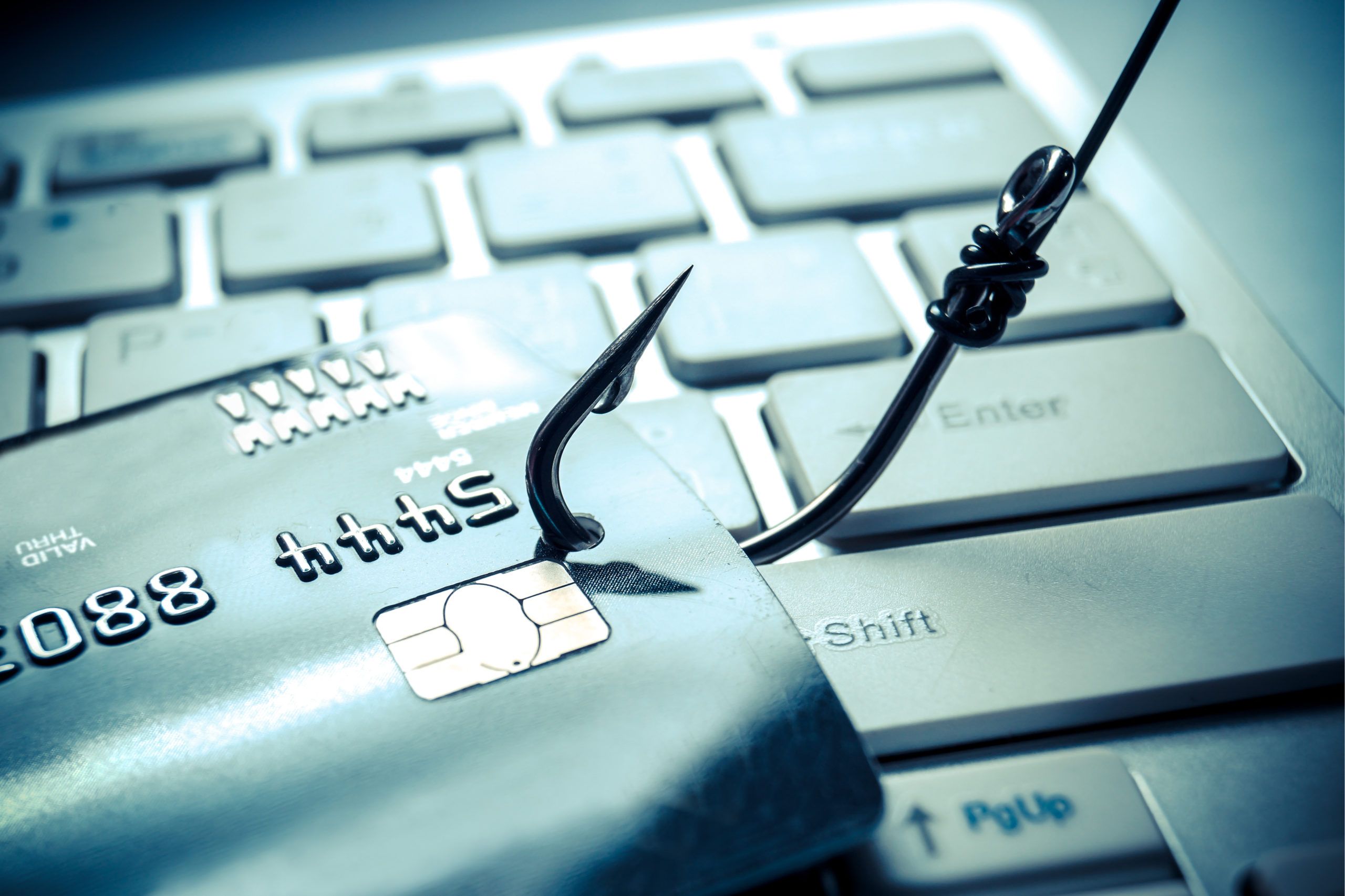Dissecting a Phishing Attack
Phishing attacks are on the rise in the era of remote work, and today’s businesses need to take the appropriate steps to protect themselves from...

“Trusting” isn’t a term that’s used to describe millennials very often, but when it comes to cybersecurity, they may need to become a bit more discerning about who they trust with their personal information.
Generational differences aren’t usually as wide or as deep as pop culture would lead us to believe, but when it comes to cybersecurity, there’s no denying the rift between millennials and their parents. That only makes sense when you remember that millennials grew up around digital technology — it’s only natural that they would develop different ideas about security and privacy, both of which have been changed forever by the internet.
But as understandable as these differences are, they have also left millennials vulnerable to cybercriminals looking to take advantage of their comfort with sharing anything and everything on the web. Millennials may generally have more relaxed attitudes toward protecting their private information than previous generations, but as we’ll see, they may benefit from getting stricter about cybersecurity.
While social media was a foreign concept to those who grew up well before the turn of the 21st century, millennials came of age around the same time as Twitter and Facebook. That’s made them far more adept at using these social media platforms for their intended purposes, but perhaps much worse at protecting themselves from those who use them for more nefarious purposes.
Forbes reports that millennials are far less concerned about the info they put on social media than they are about their online banking information. That reflects an awful lot of trust in Facebook, which has to fend off hackers and fraudsters who are drawn to the platform’s massive amount of personal data — 88% of 18-29 year-olds use Facebook. Facebook only recently hired its very first cybersecurity chief, which means that the company may only now be beginning to understand the severity of the threats they face.
Unless a website guarantees an exceptional level of encryption and security, millennials would do well to avoid sharing any private data on it.
Forbes also found that most millennials are accessing storage and other services through cloud platforms, rather than on their individual devices. This means millennials are vigilant and discerning when it comes to picking the right cloud provider, but less so about the security on their own devices for both work and personal use.
It’s important to be discerning about the technology partners you work with, especially with something as important and all-encompassing as cloud services. But a secure cloud does not make it safe for millennials to engage in unsafe information sharing or use poor security protocols. Both vendors and clients share the burden in keeping cybercriminals at bay.
Despite what you may have heard about their distrust in corporate entities and institutions, millennials are more trusting of companies with their personal data than older generations. 67% of millennials trust their primary bank to protect their data, compared to 56% in other generations. Overall trust is lower for other institutions, including health insurance and credit card companies, but still consistently higher than those of boomers or Gen-Xers.
When it comes to trusting big enterprises, a certain degree of wariness is good. The Equifax Data Breach alone affected 143 million Americans, showing the vulnerabilities of even the largest, most trusted institutions. Millennials need to follow up with their providers, make sure they understand the terms of service, keep up with changes, and ask questions when details seem opaque. Of course, this is good practice for everyone else, too.
But regardless of what generation you belong to, practically everyone could stand to engage in smarter, safer practices on the web. A big step companies can take towards ensuring that employees of all ages are helping to protect the company from online threats is working with a trusted provider of cybersecurity solutions like Turn-key Technologies. Let us apply our years of expertise in designing, building, and managing powerful wireless networks boasting top-notch security to optimizing your enterprise network security and helping your staff understand what they need to do to protect the company’s online integrity.

Phishing attacks are on the rise in the era of remote work, and today’s businesses need to take the appropriate steps to protect themselves from...

Biometric authentication can pick up where passwords leave off — but only if organizations understand how this new technology will fit into their...

We’ve turned the corner on the holiday season, but it’s important to understand the increased risks to equip your business with the best security...